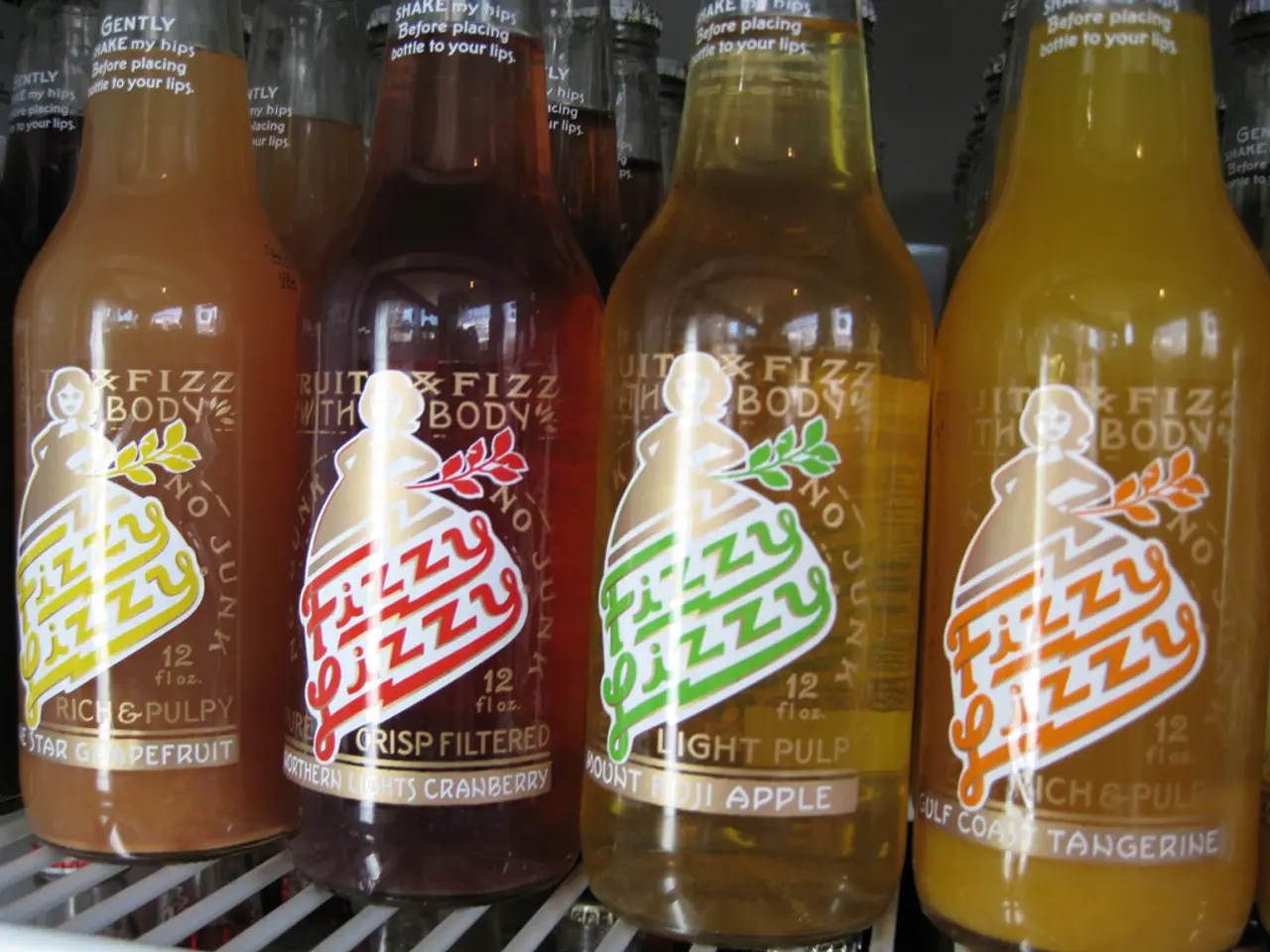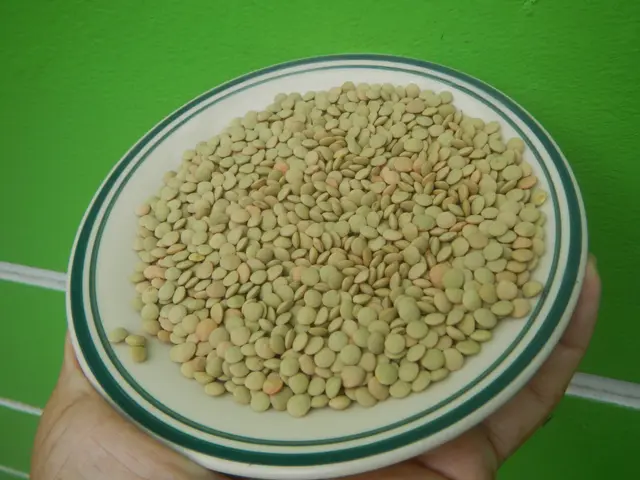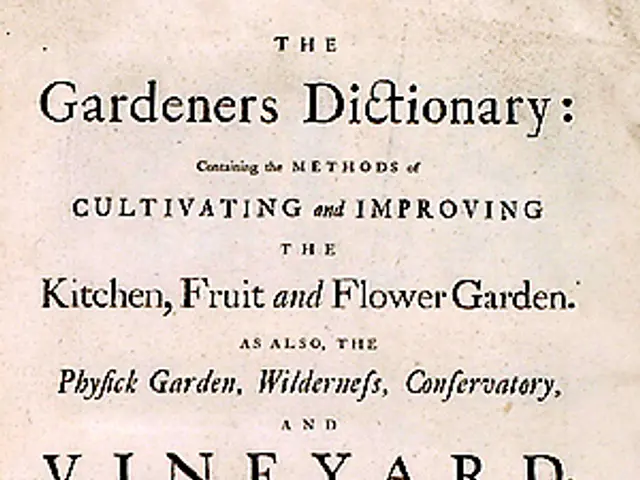Bubbly Beverage Insights: Information and Beyond
In the realm of beverages, sparkling water has been gaining popularity as a healthier alternative to sugary drinks. But what exactly is sparkling water, and how does it impact our health?
Sparkling water can be artificially carbonated by injecting pressurized CO2 into water, creating bubbles, or it can be naturally formed through the dissolving of volcanic gases in springs or wells.
One concern about sparkling water is its potential impact on dental health. In a laboratory setting, artificially carbonated water has been shown to erode tooth enamel, with the erosion increasing with higher levels of carbonation. However, it's important to note that this erosion is mild compared to the damage caused by sugary or acidic sodas.
Sugary drinks, such as sodas, are associated with a higher risk of certain health conditions, including excess weight, type 2 diabetes, heart disease, and tooth cavities. Regular consumption of these beverages can lead to excess weight, type 2 diabetes, heart disease, kidney disease, nonalcoholic fatty liver disease, tooth cavities, and gout.
When it comes to dental health, the acid in food and drinks can erode the hard protective layer of the tooth, known as the enamel. Certain sparkling waters may have citric acid added to enhance flavor, increasing acidity and potential erosion. However, the addition of sugar in some carbonated water increases the erosion effect on enamel. Drinking carbonated water through a straw may help limit this effect.
Contrary to some beliefs, carbonated water does not contain phosphorus and does not cause calcium loss or tooth decay. Compared to other carbonated drinks, especially sugary sodas, sparkling water has much lower erosive potential and is not harmful to bone health or teeth.
Regarding bone health, myths about sparkling water reducing calcium or causing bone density loss are unfounded. The carbonation in sparkling water does not impact calcium metabolism or bone strength.
While excessive consumption of sugary sodas poses clear risks for tooth decay and bone health, drinking plain sparkling water is generally safe for teeth and calcium balance and offers hydration comparable to still water.
It's also worth noting that sparkling water can be a canvas for healthy flavors. A person can add cucumber, citrus fruit, 100% fruit juice, blueberries, strawberries, mint, watermelon, or mango to their sparkling water, providing additional benefits from vitamins and minerals.
Irritable bowel syndrome (IBS) is not caused by carbonated water, but its consumption may cause symptoms to flare up.
Sugary drinks are the primary source of added sugars in the American diet, according to the CDC. On a given day between 2011 and 2014, an average of 143 calories were consumed by youths from sugar-sweetened beverages, while an average of 145 calories were consumed by all U.S. adults.
In conclusion, while sparkling water may have a mild erosive effect on teeth, it is generally a healthier choice compared to sugary drinks. It offers hydration, and when combined with healthy flavors, it can provide additional nutritional benefits. However, excessive consumption of any beverage, even sparkling water, should be avoided.
Sparkling water can be either artificially carbonated or naturally formed through volcanic gases. It has a mild impact on dental health, causing erosion, but this is less severe than that caused by sugary drinks. Sugary drinks are associated with various health risks, such as excess weight, type 2 diabetes, heart disease, and tooth cavities.
Consuming carbonated water through a straw may help limit its potential erosive effect on tooth enamel. Contrary to myths, carbonated water does not cause calcium loss or tooth decay, or impact calcium metabolism or bone strength.
While excessive consumption of carbonated water may exacerbate symptoms for those with irritable bowel syndrome, it is generally safe for teeth and calcium balance, offering hydration comparable to still water. Healthy flavors such as cucumber, citrus, 100% fruit juice, or mint can be added to sparkling water, providing additional nutritional benefits.
Sugary drinks are the primary source of added sugars in the American diet, and excessive consumption can lead to weight gain, type 2 diabetes, heart disease, and other health conditions. Irrespective of the type of water, it should be consumed in moderation to maintain overall health and wellness, including fitness-and-exercise, skin-care, nutrition, finance, and wealth-management.






